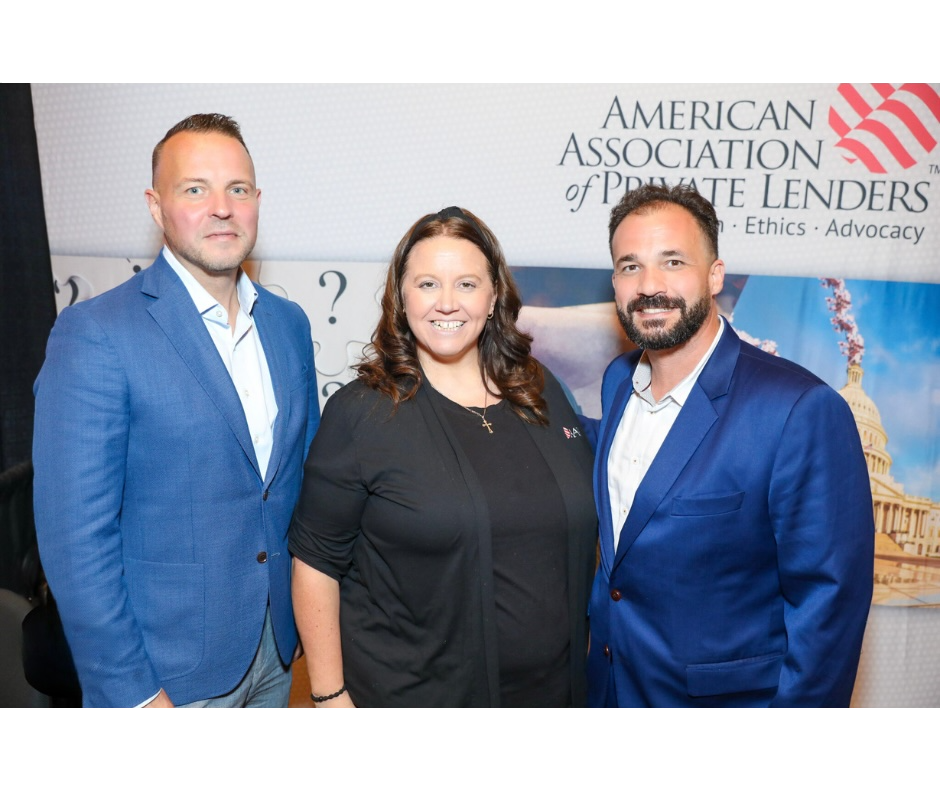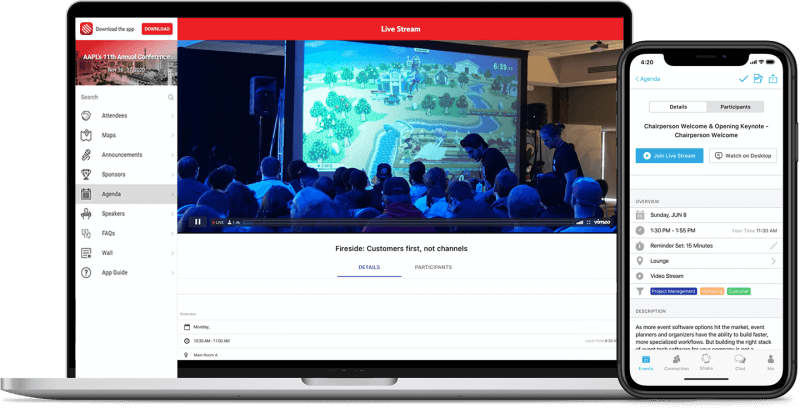Many private lenders consider HMDA compliance and reporting to be a substantial burden.
Dealing with needless government regulation and reporting is high on the list of frustrations small business owners face.
The Home Mortgage Disclosure Act (Reg C), also known as HMDA, is one example in the private lending industry. It requires private lenders to expend significant resources to comply with the extensive reporting requirements, and much of the information provided is of little value.
Most private lenders make business purpose loans to business entities, often for the purchase and repair of residential property that is secured by a mortgage. For the most part, HMDA seeks to gather information related to consumers who obtain mortgages for the residence they will occupy; in other words, home loans. Thus, much of the data private lenders provide contaminates the very reporting HMDA prepares, with data unrelated to consumer home loans.
So, why are private lenders required to devote significant resources to providing data that is irrelevant to HMDA’s core focus and is likely detrimental to the quality and accuracy of the data HMDA reports regarding consumer home loans?
Background on HMDA and the CFPB
Congress enacted HMDA legislation in 1975, and it was implemented by the Federal Reserve Board’s Regulation C. In 2011, the rule-writing authority of Regulation C was transferred to the Consumer Protection Finance Bureau (CFPB) In 2015, updates to HMDA took effect, requiring many private lenders to annually report details about their non-consumer (business purpose) loans secured by residential property.
The CFPB was created in 2011 by the Dodd-Frank Act, in response to the 2007-2008 financial crisis. Its sole purpose is to protect consumers in the financial marketplace. To fulfill its mission, the CFPB collects substantial amounts of data relating to consumer financial transactions.
According to the CFPB, the data it collects and distributes is intended to:
- Help show whether lenders are serving the housing needs of their communities.
- Provide public officials information that helps them make decisions and policies.
- Shed light on lending patterns that could be discriminatory.
The CFPB publishes extensive data considered to be the most comprehensive source of publicly available information on the U.S. mortgage market. A significant focus of HMDA-generated data is related to consumers (not businesses), including race, age, ethnicity, credit, financial qualifications, and other demographic information.
The 2011 Dodd-Frank Act amended HMDA to require reporting of additional data points, transferred HMDA rulemaking authority to the CFPB, and authorized the CFPB to mandate the collection and reporting of any other information the CFPB requires.
Beginning in 2018, the CFPB changed HMDA to expand the types of transactions subject to reporting, the types of financial institutions that must report, the data financial institutions must collect and report, and the methodology for reporting. The CFPB regulations for reportable transactions were changed to define a mortgage loan as one that is secured by a lien on a residence. The regulations did not provide a distinction between a consumer mortgage loan for the purpose of purchasing a residence for occupancy, or a business mortgage loan for the business purpose of repairing and improving the property.
Private lenders that originate at least 25 closed-end mortgage loans in each of the prior two years must comply with HMDA reporting requirements, which require annual reporting of 110 data points for each application processed. These data points are designed for individual (owner-occupant homeowner) applicants. The majority of these data points are not relevant to business applicants such as corporations or LLCs. Corporations, LLCs, partnerships, and other business entities do not themselves have age, sex, ethnicity, and race characteristics normally associated with individuals—and these are the primary data points the CFPB seeks to collect.
As a result of this change, mortgage loans originated by private lenders became subject to HMDA reporting, even though these loans are not consumer-related transactions, and the CFPB was not mandated to collect data for business purpose transactions.
What It Means for Private Lenders
The CFPB estimates the time required, annually, to collect and report the required HMDA data to be between 9,000 and 161 hours. Many private lenders consider HMDA compliance and reporting to be a substantial burden.
Private lenders are not like banks and credit unions, which are highly regulated financial institutions that enjoy the corresponding benefit of access to low-cost deposits. Private lenders do not have the level of technology and staff resources dedicated to compliance that banks and credit unions do, so compliance with the complex reporting requirements mandated by HMDA is even a more of a burden for private lenders.
The 2021 filing instructions for HMDA data collection are outlined in detail in 161 pages. There is only one permitted method for submission of data: through the HMDA platform. Filers must strictly comply with very specific formatting requirements for each of the 110 data fields, including acceptable values for numeric and alphanumeric fields.
Almost all the data points are designed primarily with individual consumer home loan transactions in mind. Thus, it is a formidable task for private lenders to discern exactly what is an appropriate response to enter for many of the data points.
For example, the HMDA filing requires a “principal reason, or reasons for denial…”. There are 11 options for the response, including “Other,” but lack of experience is not one of the 11 options. Many private lenders require applicants to demonstrate prior rehab experience as a condition for approval; thus, it is likely that denial for lack of experience is a frequent occurrence. If the “Other” option is selected, then the private lender must manually fill in an explanation, which is limited to 255 characters. The CFPB provides no guidance regarding how to respond to “Other,” so it is likely a very broad range of responses are entered.
Many of the 110 data fields do not apply to non-individual applicants such as corporations, LLCs, and others. Thus, a significant number of the responses must be answered with “N/A” or “Other,” likely causing some respondents concern that their submission will be flagged for review.
Why No Exemption?
The CFPB has exempted banks, savings associations, and credit unions that have assets below a minimum threshold ($48 million in 2021) from the HMDA reporting requirements. Only certain “insured depository institutions” as defined in HMDA are eligible for this exemption. Private lenders are not depository institutions, and thus do not qualify for this exemption.
The HMDA regulations focus on the type of property, rather than the purpose of the loan or the borrower. As a result, both business purpose and consumer loans are subject to HMDS reporting.
Because the data collected from private lenders is not relevant to consumer loans, it seems reasonable that the CFPB would consider exempting them from the reporting requirements. This would likely improve the quality of data provided by the CFPB, reduce the CFPB’s effort to collect the data, and greatly reduce the burden on private lenders to collect and report the data.
Advocating for Change
The CPFB has more than 1,500 employees, enormous legal authority provided by HMDA, and a strong mandate to advocate for consumers. In contrast, most private lenders are small businesses with a handful of employees and limited resources. They are understandably focused on making loans and managing their businesses.
Private lenders need a stronger and louder voice with the CFPB and legislators to advocate for reasonable changes in HMDA reporting requirements. The AAPL Government Relations Committee (GRC) is actively working to advocate for change and needs the help and support of AAPL members and all private lenders.
The AAPL GRC is a small, focused group without the lobbying clout or budget of banks and credit unions. To be successful, we need the active support of all private lenders. Connect with the AAPL GRC online at https://aaplonline.com/government-relations/committee, and join us at our quarterly online Town Hall meetings to find out how you can help.












Leave A Comment